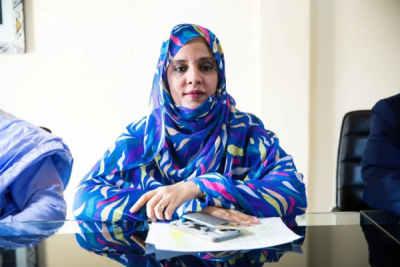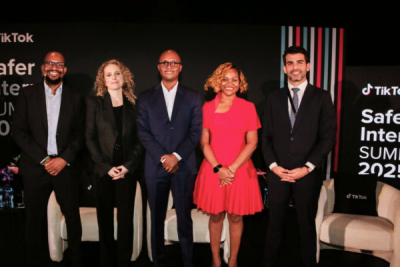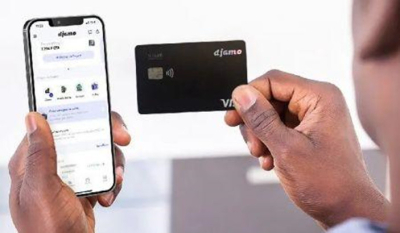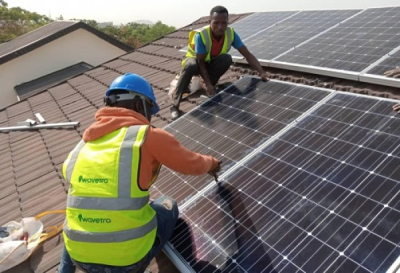Universities around the world are rapidly accelerating their transition to digital education, driven by the urgent need to prepare students for a job market increasingly reliant on digital skills and qualifications. This shift necessitates the adoption of new technologies and pedagogies that go beyond simply replicating traditional classroom experiences online.
In Côte d’Ivoire, Minister of Higher Education and Scientific Research Adama Diawara, officially presented 16 mobile studios for recording digital teaching resources to the country’s public universities and grandes écoles.
Valued at XOF275 million ($458,125), these acquisitions aim to foster an environment conducive to integrating digital technology into the education system. “Digital technology is a powerful lever of transformation to support public education policies in all their dimensions,” Diawara stated.
The initiative is part of the AMRUGE-CI n°2 project, which seeks to stimulate the development of digital education. Mobile studios will be delivered to all the country’s universities to reinforce flexible educational production and digital documentation.
Since 2013, the government has collaborated with the French Development Agency (AFD), which has mobilized over XOF10 billion for the development of digital education in Côte d’Ivoire through the Debt Reduction-Development Contract (C2D).
By digitizing the education system, the Ministry aims to renovate the higher education offering to better meet job market demands, guarantee education quality, and comply with international standards.
The first beneficiaries include the Universities of Félix Houphouët-Boigny in Cocody, Nangui Abrogoua in Abobo-Adjamé, Alassane Ouattara in Bouaké, Jean Lorougnon Guédé in Daloa, Péléforo Gon in Korhogo, Man, Bondoukou, San Pedro, the Université Virtuelle de Côte d’Ivoire, the Ecole Normale Supérieure in Abidjan, and the Institut National Polytechnique Félix Houphouët-Boigny in Yamoussoukro.
Samira Njoya



















